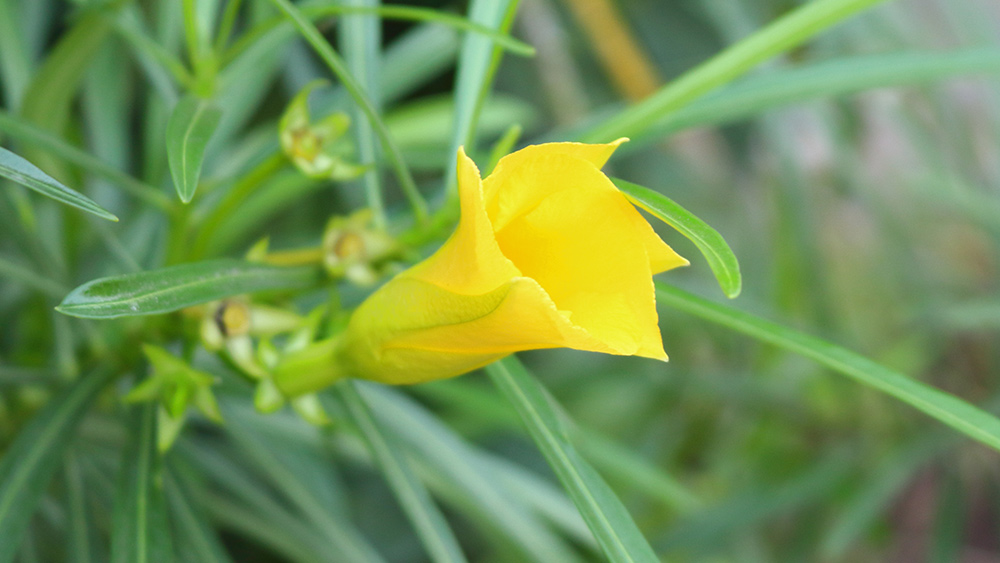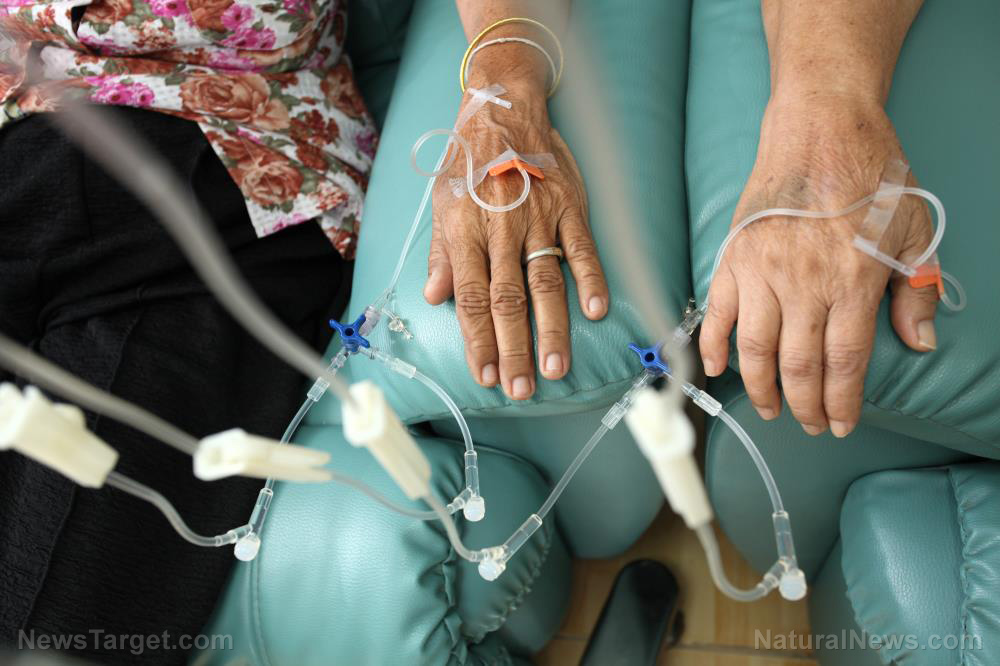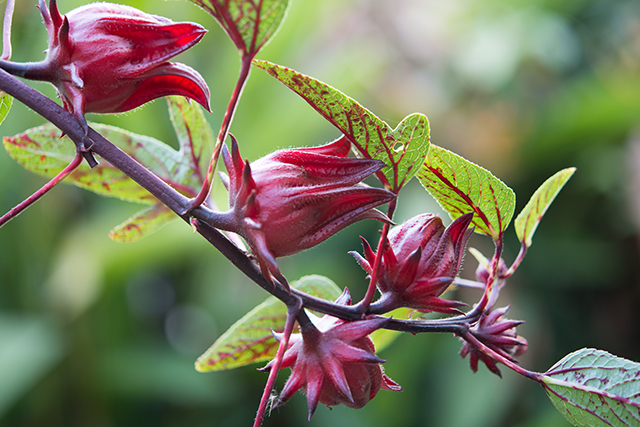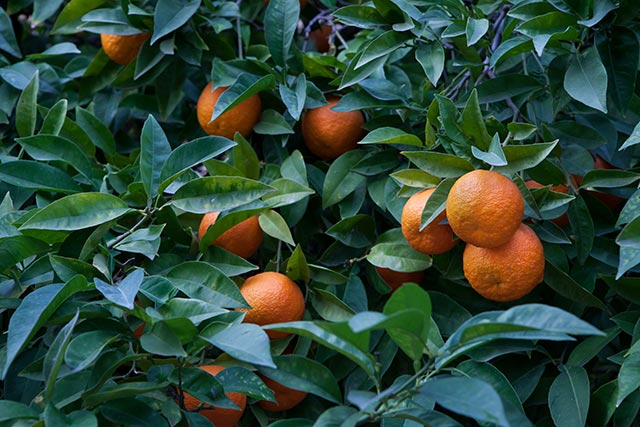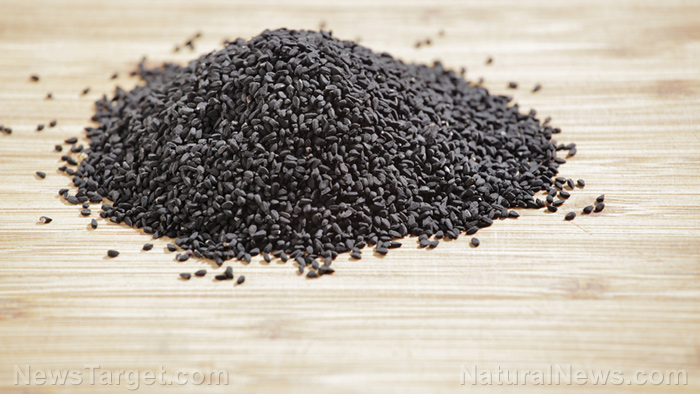A traditional Chinese medicine proves effective in treating bacterial pneumonia
01/21/2019 / By Ralph Flores

A herbal compound used in traditional Chinese medicine can be used to treat a type of pneumonia caused by multidrug-resistant bacteria, according to researchers from the Henan University of Chinese Medicine. In their study, which was published in BMC Complementary and Alternative Medicine, they suggested that Dusuqing granules have the ability to inhibit the effects of Klebsiella pneumoniae, a bacteria known to cause a range of diseases, most common of which is pneumonia.
Dusuqing, which the researchers used in the study, is a traditional Chinese medicine made from the following ingredients:
- Ren Shen (Ginseng) — The herb is used to strengthen the lungs, and is said to be particularly beneficial for people suffering from asthma, wheezing, and shortness of breath.
- Mai Dong (Dwarf lilyturf) — The tubers of the dwarf lilyturf are used in traditional Chinese medicine to nourish the yin, especially in those who have symptoms of a dry cough and chest pain.
- Sheng Di Huang (Chinese foxglove) — The roots of the Chinese foxglove can increase fluid intake and cool the blood for those with a high fever.
- Gua Lou (Chinese cucumber) — The fruits reduce abscesses in the lungs and help expel phlegm.
- Yu Xing Cao (Chameleon plant) — The herb alleviates lung infection, as well as treats coughing with thick yellowish-green sputum.
- Bai Tou Weng (Chinese pulsatilla) — The roots can treat infections caused by Trichomonas vaginalis, a common sexually transmitted disease.
In the study, the rats were injected with K. pneumoniae to mimic the effects of bacterial pneumonia. These were then assigned to either the control, model, those treated with Dusuqing granules, and those treated with levofloxacin, a prescription drug used for bacterial infections, including that of the lungs. To note, levofloxacin has a boxed warning from the Food and Drug Administration, as it carries the risk of dangerous side effects like psychosis, convulsions, and even severe muscle weakness (myasthenia gravis).
Mother Nature's micronutrient secret: Organic Broccoli Sprout Capsules now available, delivering 280mg of high-density nutrition, including the extraordinary "sulforaphane" and "glucosinolate" nutrients found only in cruciferous healing foods. Every lot laboratory tested. See availability here.
The rats in each group were treated accordingly for a week, after which the researchers collected samples from the lung tissue for further analysis. They found that rats treated with Dusuqing had suppressed their inflammatory response to the infection.
“Additionally, [Dusuqing] can also alleviate pathological changes in the lungs, including reducing inflammatory cell infiltration in airspace and vessel walls, alleviating pulmonary congestion and hemorrhage, and decreasing alveolar wall thickening,” the researchers wrote in their report.
According to traditional Chinese medicine, this effect is attributed to the ability of Dusuqing to relieve phlegm-heat obstructing lungs and address qi-yin deficiency syndrome. This was evident in how it was able to reduce impairment in pulmonary function and inhibit cell signaling for inflammation. (Related: Superbug outbreak in U.K. underscores how hospitals are breeding grounds for deadly pandemics that could wipe out humanity.)
Klebsiella and the rise of the superbug
Klebsiella infections aren’t just limited to pneumonia: It can also infect wounds, as well as surgical sites, especially in those with compromised immune systems. It can also result in meningitis and can be life-threatening, in certain cases. For the most part, healthy people are unlikely to get infected, but for those who are hospitalized or under long-term antibiotic treatments, as well as those who require ventilators (breathing machines) or intravenous catheters. However, what makes Klebsiella infections a cause for alarm is that some strains are resistant to antibiotic treatment and can even affect healthy people — or what is commonly referred to as a “superbug.”
The first instance of the superbug was discovered in 1981, when doctors in Taiwan found a strain of Klebsiella that resulted in liver damage and quickly spread to other parts of the body. The latest instance is now in India, where 40 percent of Klebsiella infections in the southern part of the country are considered hypervirulent and multidrug-resistant.
Learn more about traditional procedures that can treat bacterial infections by following ChineseMedicine.news.
Sources include:
Tagged Under: Chinese medicine, Dusuqing granules, Herbs, infections, inflammation, Klebsiella pneumoniae pneumonia, natural cures, natural medicine, natural remedies, Naturopathy, plantmedicine, superbugs, traditional Chinese medicine

